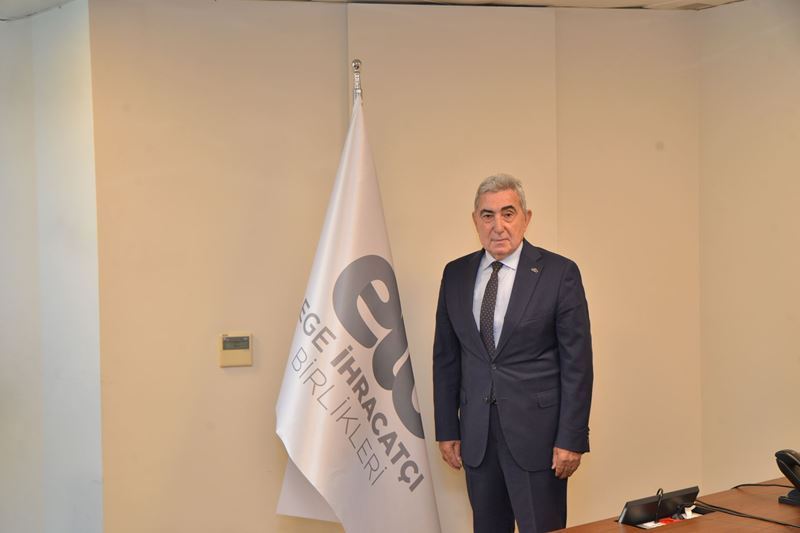A statement from the association shared the results of a report prepared by the MÜSİAD Construction and Building Materials Sector Board, which addresses issues related to housing accessibility and offers solutions for the sector.
In the statement, MÜSİAD Construction and Building Materials Sector Board Chairman Cemil Yüksekdağ shared his views on the report, stating that sales figures are expected to approach 1.5 million in 2025.
Yüksekdağ said, "The annual demand for new housing in our country is between 800,000 and 1 million units. Due to rising construction costs, decreasing land stocks, and the shrinking sector, there has been a decline in production. Over the last five years, the number of building permits for new housing has fallen to between 400,000 and 500,000 units."
"Homeownership in Turkey is behind China, Russia, and European countries"
The report includes findings and recommendations for the sector on various issues, from housing problems to social housing production, necessary government actions, and the potential impact of an earthquake in Istanbul.
The report highlights that Turkey’s homeownership rate is lower than in China, Russia, and European countries. While the homeownership rate in the EU is 69.1%, in Turkey it is 56.2%.
The report also states that Turkey, Europe's second-most populous country, is struggling with housing accessibility. It notes that, in the last 10 years, an average of 1.3 million homes have been sold annually in the country.
"Reverse migration from Istanbul should be a government policy"
The report mentions several factors contributing to the increasing housing demand in Turkey, including population growth, migration movements, urbanization, rapid shifts in the migrant population, and economic issues.
The report explains that the mass migration and sudden housing demand caused by the earthquakes in Kahramanmaraş have worsened the problem. It also points out that aging stock and unplanned construction have contributed to the growing housing shortage. "The insufficient housing stock in Istanbul makes access to housing and affordable rent more difficult. As the housing sector faces a serious bottleneck, the housing problem is becoming more urgent every day. Due to rising prices and insufficient income, access to rent is especially challenging in large metropolitan cities. Istanbul, which is at risk of earthquakes and hosts millions of migrants, needs to be taken out of its role as a center of attraction. The government should consider reverse migration as a policy to make Anatolia the center of attraction."
"Existing housing finance models cannot solve today's problems"
The report also notes that the current banking-based housing finance models have not been effective in solving problems, especially during periods of economic downturn. It mentions that there has been growing interest in financing systems offering interest-free loans in recent years.
Furthermore, the report states that the step-by-step homeownership system, led by developers of branded housing, called the "first land, then housing" model, has also been applied as a solution to housing accessibility issues. The report lists short and medium-term solutions to housing accessibility as follows:
"Appropriate financing conditions and models should be developed for both consumers and producers to improve housing accessibility. It should be allowed for individual retirement savings to be transferred to project real estate investment funds (PGYF) without withdrawal, to help people buy homes. In urban transformation processes, a model can be created where property rights are first transferred to the fund, and the government's subsidy program, 'half from us,' is directed to PGYFs. After construction is completed, the fund shares can be converted into property deeds, accelerating urban transformation.
Housing cooperatives can be redesigned to produce affordable housing for middle-income groups. The government can acquire land at lower prices for developers producing affordable housing, helping reduce construction costs. To implement sustainable housing finance models, it is essential to reduce dependence on bank loans and design investment and finance ecosystems that focus on capital markets and allow savings to be reinvested in the economy."









Comments
No comment yet.